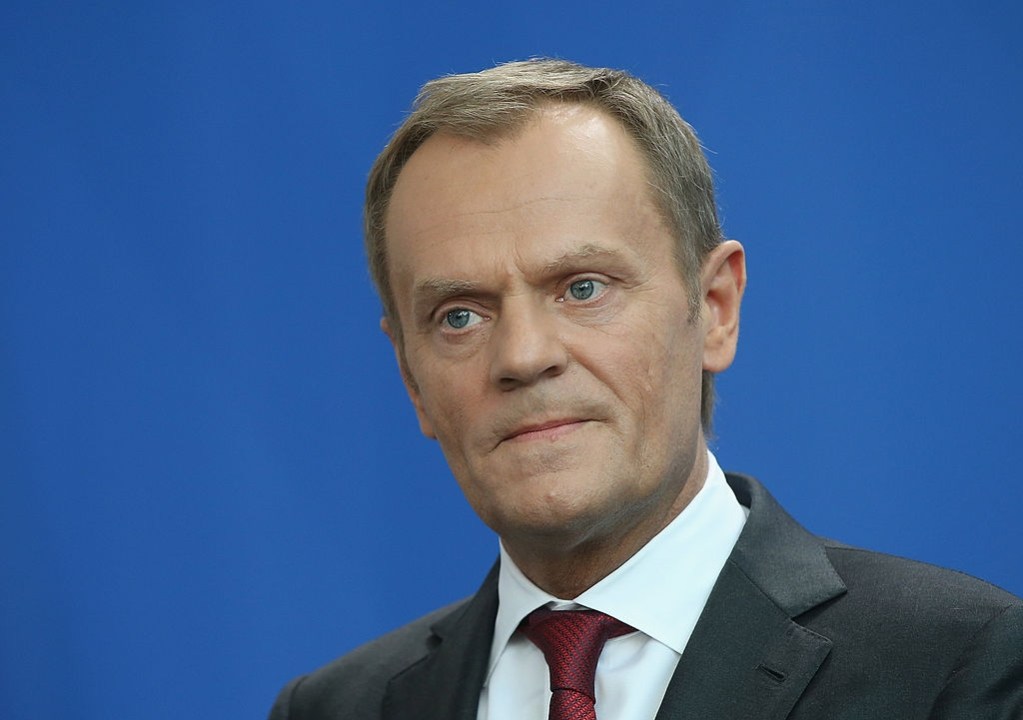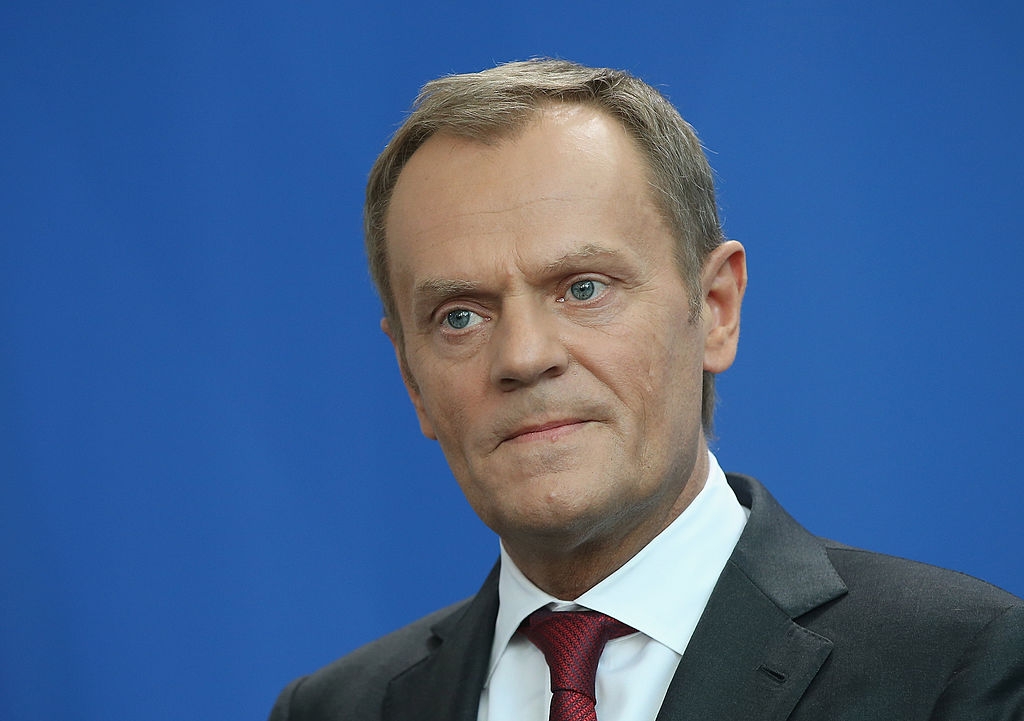So we have the first sight of the European Council’s draft negotiating guidelines. They’re much more constructive that we would have been lead to believe. And there are no big surprises.
The first headline point is that there is no mention of the €60 billion figure which Jean-Claude Juncker and the European Commission have loved to go on about. In fact no figure is mentioned at all. The section on money is restricted to saying that debts will need to be settled – something Theresa May has already acknowledged. It does not say when the cheque needs to be signed:
A single financial settlement should ensure that the Union and the United Kingdom both respect the obligations undertaken before the date of withdrawal. The settlement should cover all legal and budgetary commitments as well as liabilities, including contingent liabilities
Second, the document does not rule out parallel discussions, contra widespread reports this week. In fact, it explicitly says that discussions on future arrangements can start ‘as soon as sufficient progress’ has been made on withdrawal. It then enumerates the areas where sufficient progress will be required quickly. These are a) reciprocal guarantees on EU expats in UK, and UK expats in EU; b) addressing legal uncertainty for business; c) the financial settlement as described above; respecting the Belfast Agreement for Northern Ireland; d) an agreement on the UK’s sovereign base in Cyprus; e) UK to honour international law agreements. Of these only c) is potentially problematic for the UK Government. The others are neutral, or helpful. Theresa May is actively seeking a quick agreement on EU nationals. She wants to protect peace in Northern Ireland, and will want to agree principles for the Cyprus base.
Third, the document confirms that a ‘non-member…cannot have the same rights and enjoy the same benefits as a member’. Yet that’s precisely what the Prime Minister has already acknowledged when she confirmed that the UK would not seek a deal which unpicked the supposedly indivisible four fundamental freedoms of the EU.
Finally, the document does not insist as some were – somewhat bizarrely – suggesting that the ECJ (or as it’s formulated here, Court of Justice of the EU) be the only arbiter of disputes between the UK as a non-member and the EU. It says transitional arrangements should be ‘subject to effective enforcement mechanisms’.
There’s an important caveat – these are just draft guidelines and a lot could change. But the draft guidelines remind us that the Council – the group of Heads of Governments and Heads of State, chaired by Donald Tusk – tends to be a more reasonable, pragmatic institution that the Commission. Fortunately it is the Council that sets the Negotiating Mandate, and the Commission that will have to follow it. And the European Parliament will only be able to say yes or not at the end.
There’s going to be much sound and light over the coming months. Expect leaks, briefings, counter-leaks and general confusion. And, even though these are broadly reasonable guidelines, there is still a huge amount to get agreed; pretty much everyone thinks the timetable is ambitious at best. In negotiations, as ever, nothing is agreed until everything is agreed. Theresa May can nonetheless read these guidelines and at least hope to get a quick resolution for the status of EU nationals in the UK, for which the Spectator has rightly been pressing.
Henry Newman is Director of Open Europe







Comments